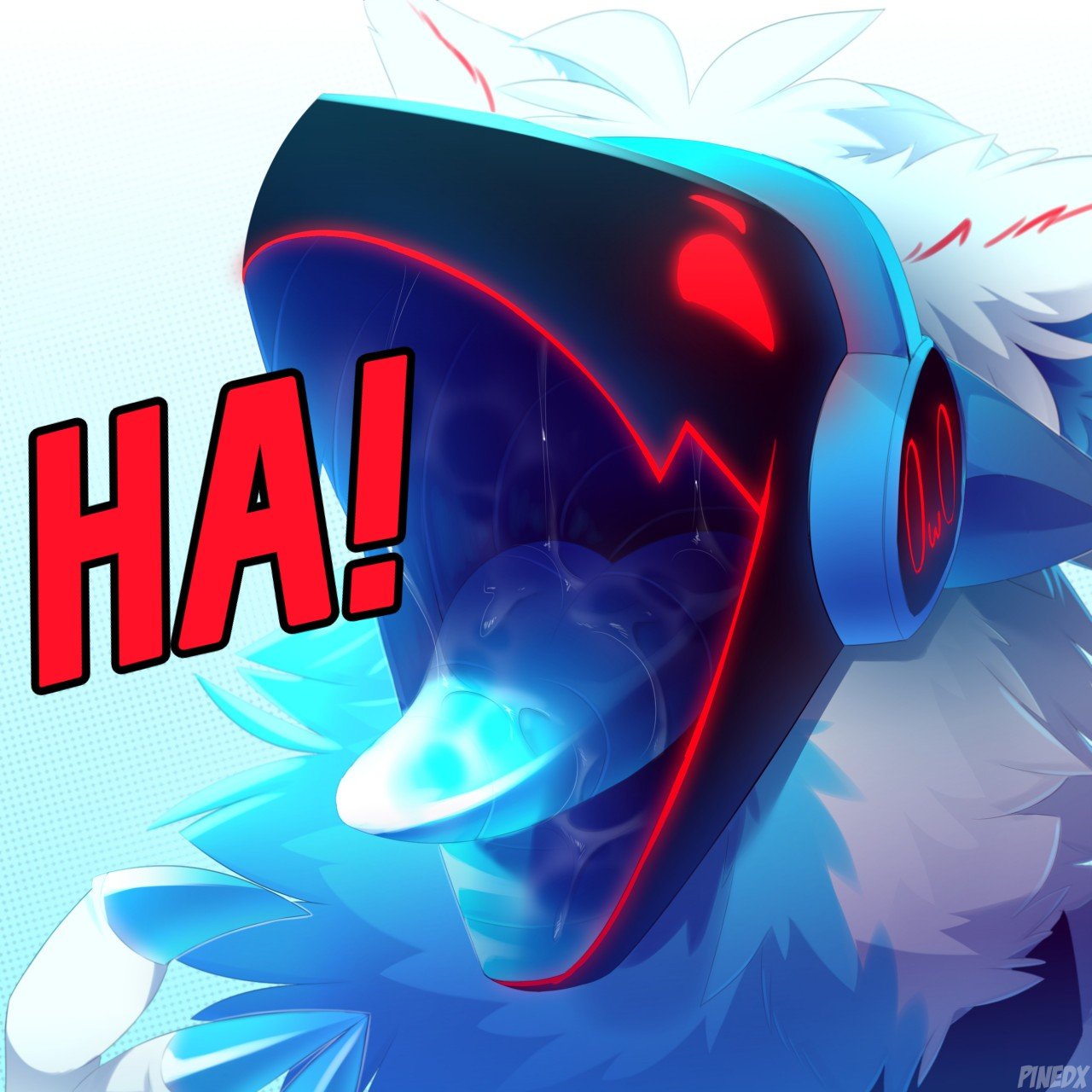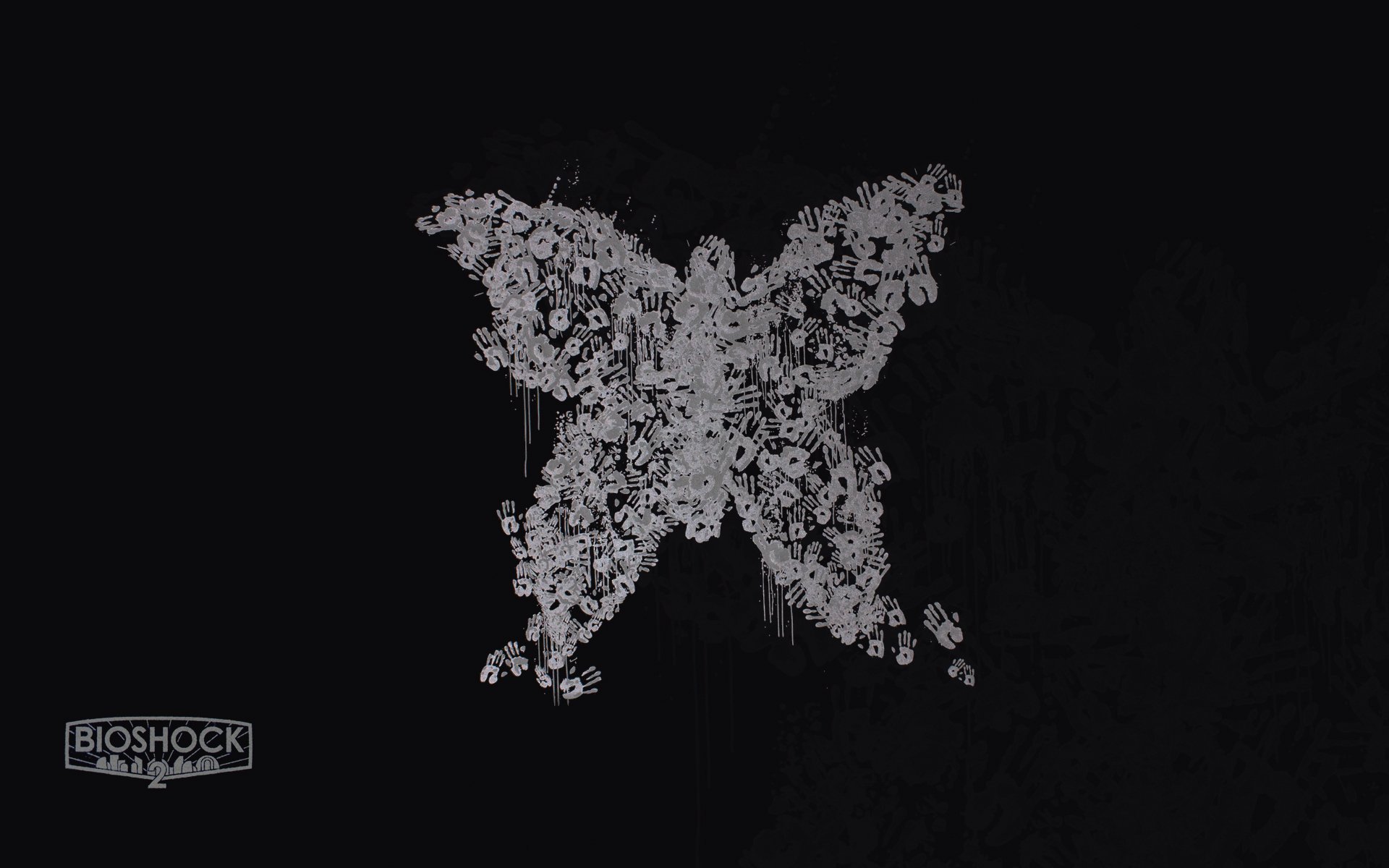Upvoted for the news that these treatments are speeding towards approval. However, the point that no one knows how these new treatments work seems silly, given my understanding that no one seems to know exactly how antidepressants in general work either (or at least they didn’t until recently?), even ones that have been used for decades, like Prozac.
Here’s a quote from an article from 2021: I’ve been making references on this blog for years about how we don’t even know how antidepressants work
Hell there are a bunch of receptors in the brain that are called “cannabinoid receptors”, because at the time of their discovery the only thing we knew about them was that they were activated by cannabis. Since then, we’ve developed a slightly wider understanding of their function in the body’s normal operation, and yet the name still stands.
the only thing we knew about them was that they were activated by cannabis.
I probably should be sleeping. I know this because as I was reading, my eyes lost focus a bit and I read that as “activated by cannibals.” Cue the confusion.
“activated by cannibals.”
Kuru has entered the chat.
I mean, this is going to sound super-oversimplified but hopefully correct: we know that Tryptamines like LSD and psilocybin serve their most novel functions on 5-HT2A serotonin binding sites and there are a lot in the thalamus, which is largely responsible for routing information to other parts of the brain. That would explain a lot of people’s accounts of synesthesia.
The circumstances that are necessary to promote neuroplasticity weren’t clear when I was in skool, but the fastest way to get a credible answer on the internet is to be wrong about something, so I’m going to claim it was 95.6% magic.
One of the requirements for Brannigan’s law is that you can’t make it obvious that you’re invoking it.
Fuck.
deleted by creator
LSD is not a tryptamine, it is a lysergamide.
Lysergemise deez nuts…
But in good faith and context, what are the differences in action potentials? Is it worth writing about? That’s an actual question, because (apologies) I’m stoned as fuck.
Also, how is it suddenly not a tryptamine?
It’s all good homie lol.
It’s not a tryptamine because that’s a different molecule altogether. LSD is a lysergic acid, while psilocybin or DMT are tryptamines
Best way I can describe them is that lysergamide is like meeting the universe, while tryptamine is like being one with the universe.
I… I guess because a subclass of psychoactive molecules came into existence after my education, I’m wrong. Just sucks to learn that and make sense of myself thereafter.
I’d like to come back to apologize, I didn’t fully understand what you were saying before and wanted to clarify that you are not wrong either.
Lysergamides are not tryptamines, but they do contain tryptamines, however they also contain phenethlyamines which, like tryptamines, are a class of psychedelic substances themselves. Although Lysergamides contain these two substances, scientists agree that they should be classified as a separate class altogether as they have both distinctive enough effects and enough variations under their tree that do not fit anywhere specifically under the tryptamine or phenethtlamine tree. As far as I’m aware, this is distinctly from a chemistry perspective and doesn’t incorporate psychonautics into it’s classification (although the reverse is usually the case).
I wouldn’t say that anything sucks about it though, there is always new information coming out, that’s what makes science awesome. We like to think that we have got it all figured out, but there is always something that could throw everything we know off the table. Remember that the scientific method only came about in the 17th century, everything was pretty much theory up until then and that’s still a very small amount of time for us to have learned everything we have learned.
Once again, I am sorry for how my tone may have been before. I am told I can come off as accusatory or adamant at times but I try not to be. I hope this makes you feel better, you are not wrong, there was just more to the story is all :).
Yo, I’m just happy to learn new things! Hell, my post was imploring people to criticize it, so you aren’t wrong in “well actually”-ing me. Keep killing it and keep sharing good chemistry knowledge! Psychoactive substances are continuously more intriguing to me as I learn more.
I met one of the grandsons of Alex Shulgin (creator of MDMA) in a drug diversion class that I taught briefly at the University of Oregon (meant for kids that were caught smoking weed in the dorms). I only hosted the class for a few months until I got complaints that I was too fascinated with the drug interactions and not with the whole “diversion” part of it.
But hey, everyone learned not to mix central nervous system depressants, which was the largest cause of drug-related fatalities at the UO, so I think I did my job effectively. Wish they would have paid me for it.
You’re good people, havokdjfintquuffatcpl.
I mean, they never didn’t exist, but… fuck.
Literally came here to say the same exact thing
deleted by creator
No one knows how they work because they’ve been restricted from researchers
That’s just, like, you’re opinion, man.
IIRC the dude that invented MDMA never took any illegal drugs, because he always made his own, one step ahead of the legislation.
MDMA is pretty wonderful though, and I wish researchers investigated it more. I’m pretty sure it doesn’t actually make you feel happy or euphoric - rather, you have serotonin and other “happy chemicals” in glands, and these glands are controlled biochemically to open and close. I think MDMA inhibits the closing mechanism.
So, if you’re on MDMA, you’ll basically have a normal time of it up until something makes you feel happy - the glands will open, but then the MDMA prevents them from closing, so you keep feeling that same measure of happy. If you’re out in a nightclub listening to bangin music with a bunch of lasers and smoke, you’re gonna have this euphoric and epic high, whereas if you’re just chilling with friends in a calm house party you’ll have this calm but also amplified, lovey-dovey high. MDMA isn’t what makes you happy, it just lets the happy roll on. Happy happens.
This is markedly different from other drugs, which directly affect you. Nicotine makes your synapses fire faster. Opioides distract you from pain. Cocaine turns you into a coke hoarding asshole. Then, when you’re off the drug you don’t work properly without it. Taking more MDMA won’t make you feel better again, because you’ve already depleted the thing that was actually making you feel good. MDMA just made you feel more good at the time.
Happy chemical glands. That is almost correct, but the mechanism is very different.
Think of it like this, specifically for SSRIs and psychedelics: Different drugs will bind to receptors in the brain that would normally be triggered by serotonin. Psilocybin, DMT, serotonin, melatonin, etc, are all basically the same “shape” as tryptamine, a precursor to most of those. The effects of different chemicals finding a place in serotonin specific receptors that have the same shape can be wildly different than serotonin.
To use a car analogy, its like putting pure ethanol in your fuel tank instead of gasoline. They are both flammable liquids that you can pour into your car as fuel, but they burn at completely different rates and can alter performance significantly.
What this does as far as serotonin is concerned, is that serotonin is more widely available to the rest of your brain. In the case of antidepressants like SSRIs, they function the same way but only bind with specific receptors and don’t cause you to get high and trip. This allows serotonin to be more evenly used across the brain, in a manner of speaking.
As far as tolerance is concerned, different drugs will bind to receptors in different ways. Once you have “saturated” a receptor, it takes a while for it to be ready for another round. Psilocybin and even ketamine are being shown to be hundreds of times more potent than common SSRIs (in some ways), so it takes a while for those affected neurons to “recover”. It’s not that you have depleted your serotonin, it’s just that natural serotonin has fewer places to bind to.
It’s very important to realize this distinction. Combining SSRIs with other drugs can cause an extreme excess of serotonin in your noggin. Serotonin has no place to go so it builds up and causes a condition called serotonin syndrome. It’s not a good thing and can be fatal.
My explanation absolutely does not cover all the details. However, it is just supposed to be a shift in how you think about how these chemicals work.
specifically for SSRIs and psychedelics
Would you group MDMA in this classification? I don’t think MDMA is an SSRI.
“Psychedelic” is also a much more wide ranging classification. MDMA isn’t really a psychedelic.
SSRI’s directly affect the body’s absorption of serotonin, meaning serotonin lingers around more. My hypothesis is that MDMA affects the release of serotonin, specifically it sustains the natural release for longer.
MDMA is classified as an amphetamine. It has some characteristics of a psychedelic as it is similar, structurally, to mescaline. You get the speedy effects as well as trippy effects, basically. It has a more distributed effect on dopamine and serotonin receptors but the concept is basically the same as far as how neurons “interpret” drugs.
In the case of MDMA, it does increase serotonin, dopamine and noradrenaline levels. So, by using your gland analogy with MDMA makes more sense in that these chemicals will be depleted and can leave you feeling like garbage the next day. Combine that with how neurons “see” different drugs, and that is more of a complete picture. You can only force feed your brain so many neurotransmitters before it needs to recover.
Serotonin syndrome is also a risk with MDMA. Not only are your neurons making more serotonin, it may not have a place to go.
Yes, MDMA is an amphetamine, as per the name. However it is significantly different to mescaline, which has an extra functional group off the carbon ring. In 2D the molecules look very similar, but in 3D they’re very, very different, and as such their function differs also. Mescaline is hallucinogenic, MDMA is not particularly so.
I’d be hesitant to attribute speedy effects to MDMA, in particular with tablet form, in which various drugs tend to be mixed. MDMA in pure form has nowhere near the same stimulant effect as speed, or ecstacy pills laced with speed or whatever else.
I don’t think MDMA alone is likely to cause serotonin syndrome, however mixing it with SSRI’s most definitely would be a high risk. Rather, the common issue with MDMA, particularly with excessive use over time, is serotonin depletion.
Chemical discussions aside, MDMA cut with other drugs is nasty. The hangovers from mixed MDMA are horrid, to say the least. More days of my youth than I would like to admit were spent in bed because of that trash.
Risk is risk. I hope that someone reads our discussion to be more familiar with those risks, TBH. Drugs are drugs, and drugs affect people in different ways.
But sorry if I got distracted with psychedelics rather than MDMA. I haven’t read into MDMA in a while. I have been so entrenched in the mushroom world for a bit that everything reads like a conversation about psychedelics. (That spawned a yet another hobby of growing gourmet and medicinal mushrooms, but I digress.)
I’ve done MDMA many times, and unless I got it contaminated the same way every time, it definitely has a strong stimulant effect.
I should probably note that I did a reagent test on many of the batches I got, so I’m fairly confident it was the real thing.
It has some stimulant effects, yes, but it’s not as strong as speed and relatively weak compared to other amphetamines.
Drugs were not regulated at all when MDMA was invented, but when Shulgin rediscovered it, drugs were at the very early stages of prohibition.
I should make this very clear about MDMA though, I think people should try it, but MDMA you should be careful with. MDMA is one of the least sustainable drugs to abuse, but the effects it can have if you abuse it, are life-long. At the very least you can lose the magic which is usually permanent.
It is definitely a state that is meant to be respected. If you want to take something similar to MDMA more often, I’d recommend 2CB although you’ll have a clearer headspace on that.
Yes, but the brain is an extremely complicated thing. Data was just released showing 3,300 new types of brain cells. This is relatively new information that was likely only discovered with newer technology. (In some cases, we knew about these cells, but they were ignored as irrelevant.) Even without mentioning psychedelics, it’s going to take us years to understand how the brain functions.
To your point, we could have been so much farther ahead with our research and understanding. It is actually quite depressing to think that this kind of research was restricted because of politics.
FWIW, I am a massive supporter of using psychedelic treatments. From my own use, I believe I was able to completely break out of nasty cycles of anxiety and depression. It’s not for everyone and it has its own risks, for sure.
Hot take, but hurtfully inaccurate. It’s worth looking at the research on hallucinogenic Tryptamines. DMT naturally exists in the brain and is used during R.E.M. sleep.
We also don’t know how common over the counter Tylenol and Advil work.
And anesthesia
True, but mostly irrelevant. SSRIs are the first line treatment for a bunch of shit, we don’t know how they work, either.
Yes we do, it’s right there in the name. They inhibit reuptake of serotonin in select areas of the brain.
The drug gets onto neurotransmitters that take one chemical that signals for the brain to retake serotonin. But since those transmitters are “clogged” by the drug instead, the indicator chemical can’t do it’s job, so the serotonin stays in your brain longer.
No. We don’t. While obviously, we know it inhibits serotonin reuptake, we do not know why that SSRI action works. They were developed based on the monoamine hypothesis - basically “too little neurotransmitter activity, better beef it up”. And so it does! In a matter of days. Any actual antidepressive effect notoriously can take weeks or months, so that obviously isn’t the entire mechanism.
God, that’s a book and a half of neuro-interaction, isn’t it?
deleted by creator
Do we know how any psychopharmaceutical drugs work?
Do we need to know how things work, when we can objectively prove that they do work?
I mean, if you go by the observations here, then basically every treatment for every syndrome should be void. In general, something is called a “syndrome” because we don’t know what is wrong, we just know that something is wrong, and we know that treating it in certain ways alleviates the symptoms.
Due to bunch of stuff, by early 20s, was so disconnected from body. No idea how to connect with people.
Then was at a healthy, responsible community rave. Given a dose of ecstasy, and as it kicked in, people let me fall into a group hug mass, bodies warm, gentle, caring. Found self looking up at one person, a closeness, openness I’d never felt before.
Ecstasy showed me what was possible, opened something in me i didnt know was there. Only done it twice, but that was enough. If done responsibly, some drugs can be quite therapeutic.
Nobody knows how or why a great many existing psychological medications work, so that should be just fine, then.
Yea this is just straight up fear mongering. We don’t even know how depression works fully why would we know how the drugs to treat it do.
Easy. Human brains are by nature stubborn and compulsive. Psychedelic experience shakes up the jar.
Living in a world where corporations can do whatever the hell they want with advertisements, regardless of mental health implications, and whatever the hell they want with my healthcare, regardless of the implications for my actual health – yeah, I’m fine with this. I can make the decision. Let’s not pretend anyone is out for my best interests anymore.
There is ongoing debate over how acetaminophen works… We still don’t entirely know but anyone can buy it OTC and even take so much that it kills them. Mechanisms are important, but far from the only criteria we have for determining if a drug is “safe.”










